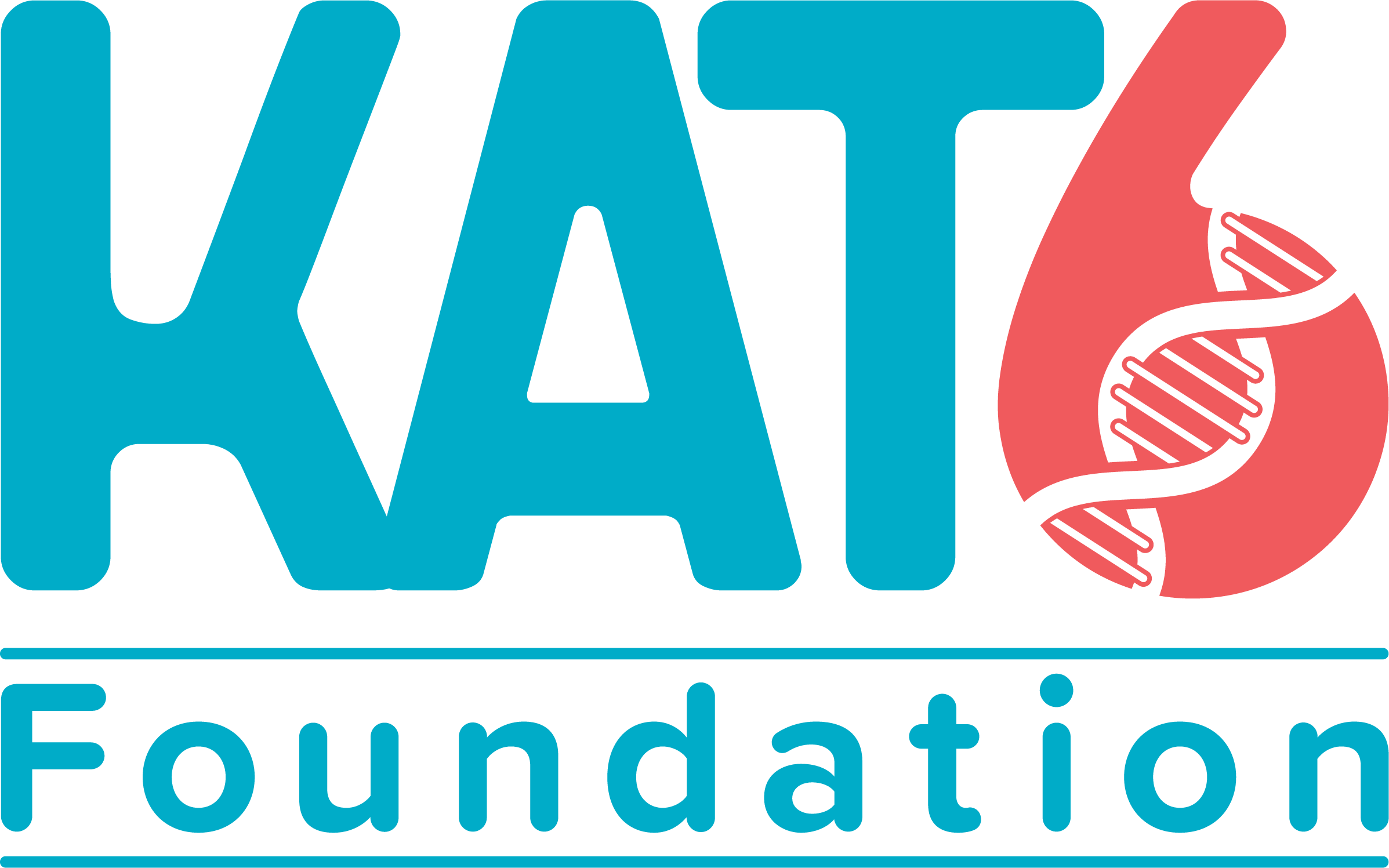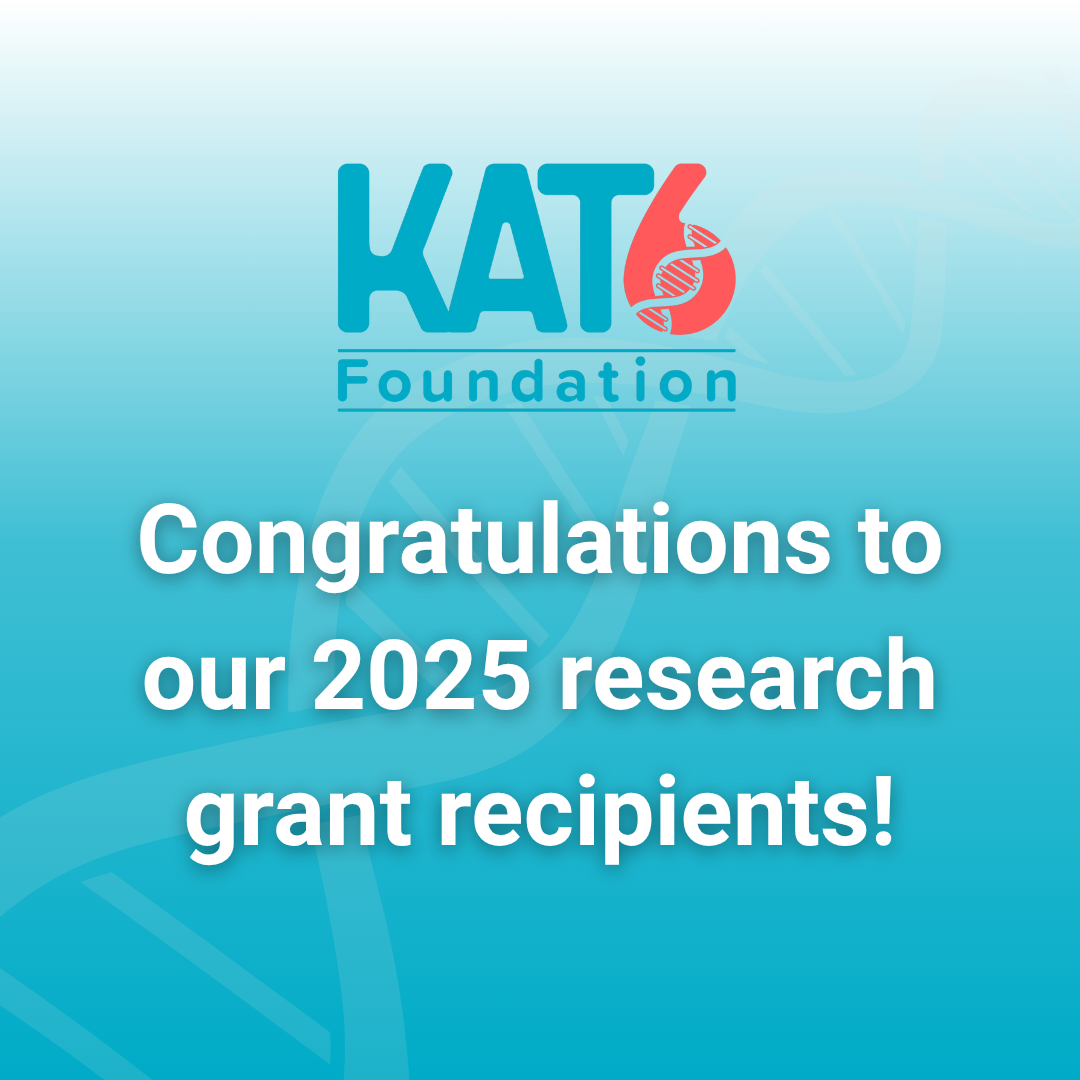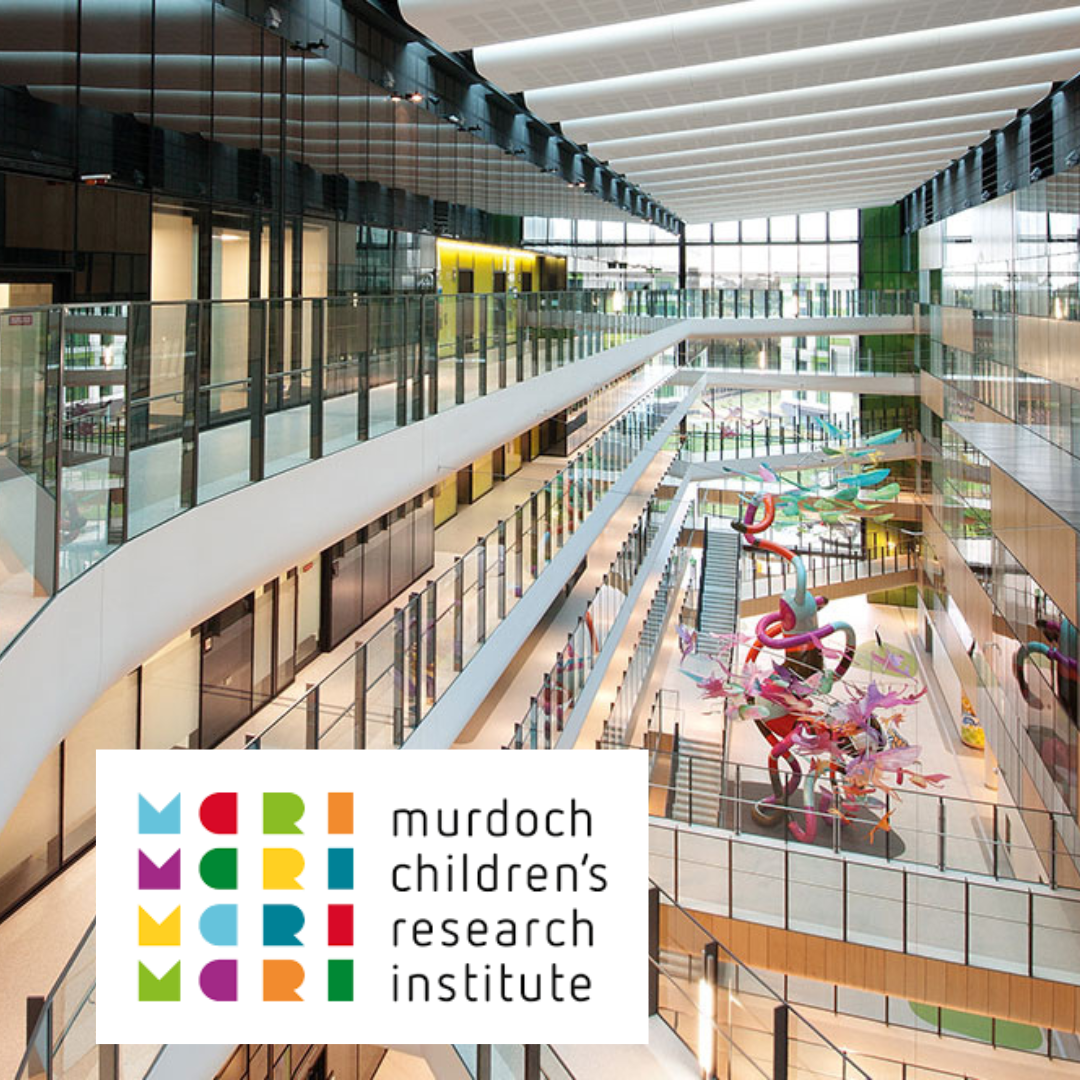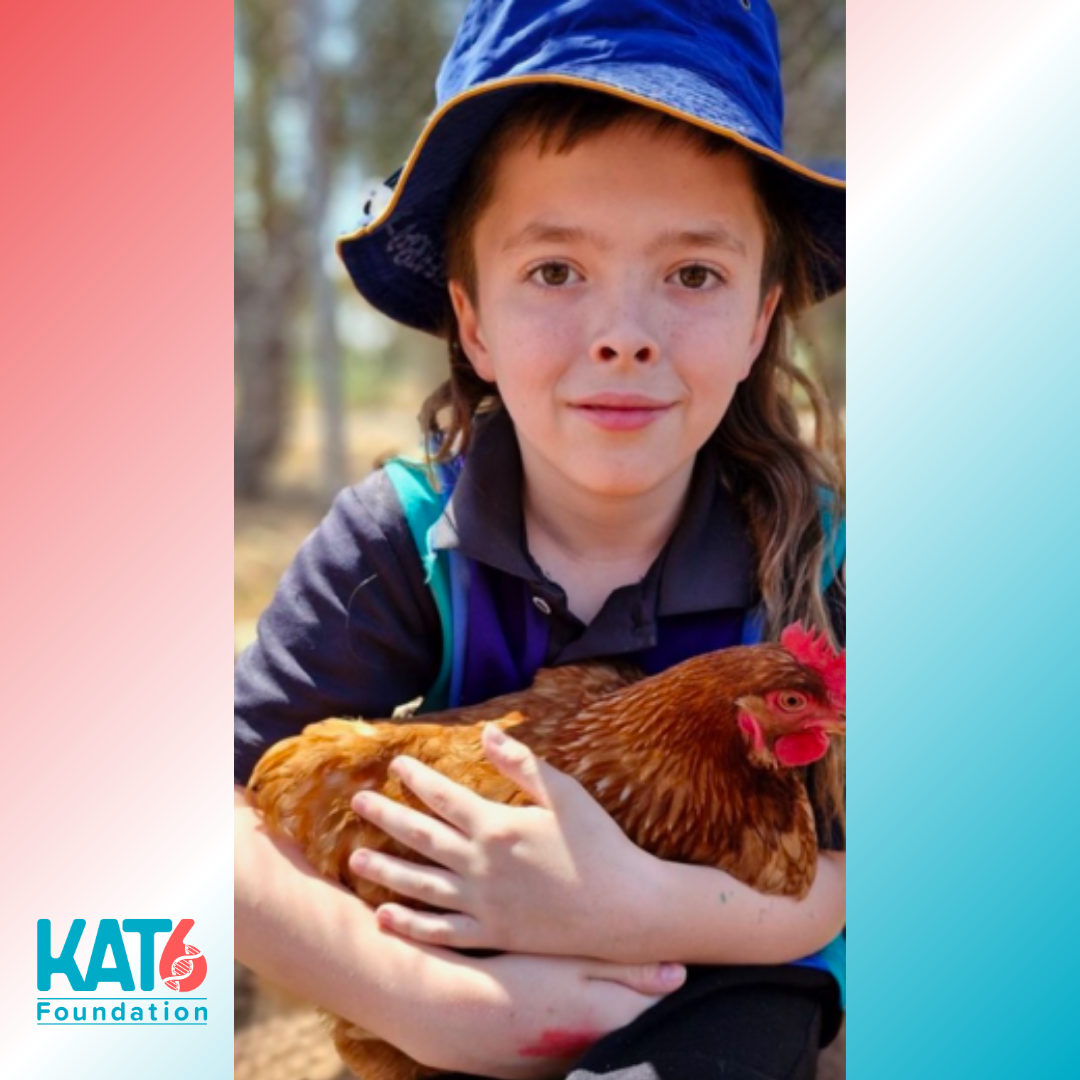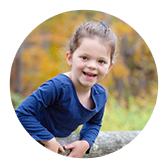2024
De novo KAT6B mutation causes Say–Barber–Biesecker–Young–Simpson variant of Ohdo syndrome in an Iranian boy: a case report
Expanding the Neuropsychological Phenotype of KAT6B Disorders: Overlapping Features with KAT6A Syndrome
Increasing histone acetylation improves sociability and restores learning and memory in KAT6B-haploinsufficient mice
2023
Clinical heterogeneity of polish patients with KAT6B–related disorder
Clinical features and underlying mechanisms of KAT6B disease in Chinese boy
The omics era: A nexus of untapped potential for Mendelian chromatinopathies
2022
The role of histone modifications: From neurodevelopment to neurodiseases
A case of ophthalmoplegia, hypotonia, and developmental delay in the setting of corpus callosum hypoplasia
2021
2019
Novel KAT6B Proximal Familial Variant Expands Genotypic and Phenotypic Spectrum
Say-Barber-Biesecker-Young-Simpson Syndrome and Genitopatellar Syndrome: Lumping or Splitting?
2017
Craniosynostosis Expands the Spectrum of the KAT6B Related Disorders
Lin-Gettig Syndrome: Craniosynostosis Expands the Spectrum of the KAT6B Related Disorders
2014
An Individual with Blepharophimosis-ptosis-epicanthus Inversus Syndrome (BPES) and Additional Features Expands the Phenotype Associated with Mutations in KAT6B
Further Delineation of the KAT6B Molecular and Phenotypic Spectrum
